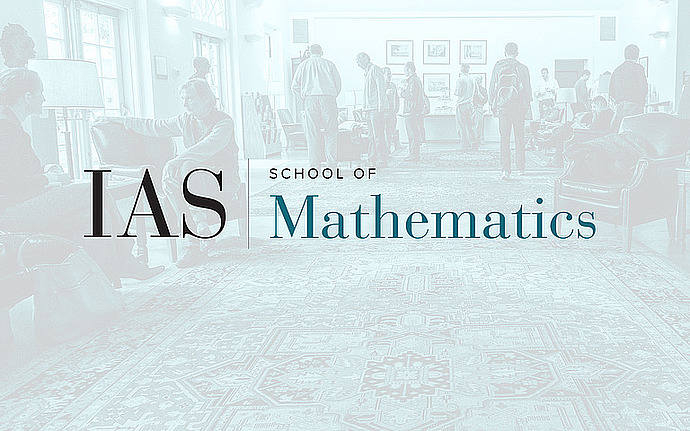
Computer Science/Discrete Mathematics Seminar I
A Parallel Repetition Theorem for the GHZ Game
We prove that parallel repetition of the (3-player) GHZ game reduces the value of the game polynomially fast to 0. That is, the value of the GHZ game repeated in parallel t times is at most $t^{-\Omega(1)}. Previously, only a bound of roughly 1 / alpha(t), where alpha is the inverse Ackermann function, was known.
The GHZ game was recently identified by Dinur, Harsha, Venkat and Yuen as a multi-player game where all existing techniques for proving strong bounds on the value of the parallel repetition of the game fail. Indeed, to prove our result we use a completely new proof technique. Dinur et al. speculated that progress on bounding the value of the parallel repetition of the GHZ game may lead to further progress on the general question of parallel repetition of multi-player games. They suggested that the strong correlations present in the GHZ question distribution represent the ``hardest instance'' of the multi-player parallel repetition problem.
Another motivation for studying the parallel repetition of the GHZ game comes from the field of quantum information. The GHZ game, first introduced by Greenberger, Horne and Zeilinger, is a central game in the study of quantum entanglement and has been studied in numerous works. For example, it is used for testing quantum entanglement and for device-independent quantum cryptography. In such applications a game is typically repeated to reduce the probability of error, and hence bounds on the value of the parallel repetition of the game may be useful.